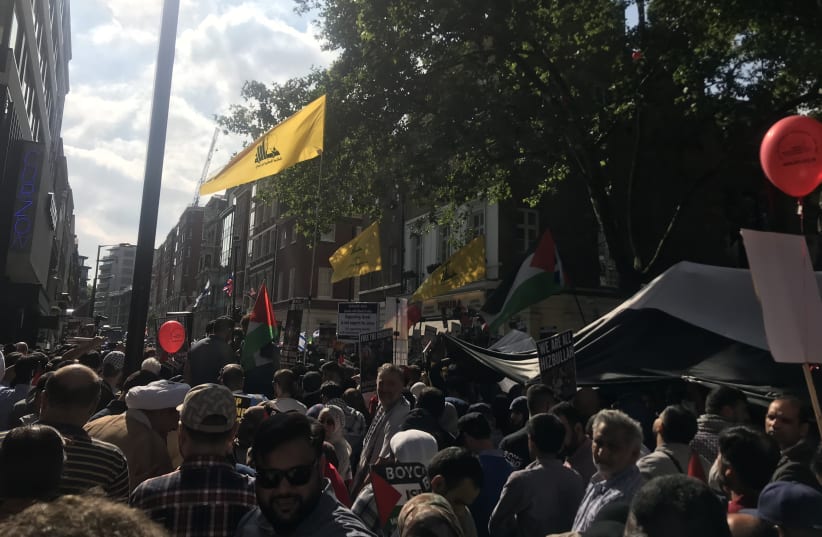In the past, groups such as Hamas and Hezbollah would publish videos and posts featuring explicitly violent content and threats. Nowadays, they are careful to craft their posts so that they won't trigger any counter-terrorism tools of social media platforms, while still conveying their message nonetheless.
This approach has permitted them to grow their online presence largely unchecked.
“In the real world, terrorist groups have proven highly resilient to counter-terrorism efforts, so it shouldn’t surprise anyone that the same dynamic is true on social platforms like Facebook. The more we do to detect and remove terrorist content, the more shrewd these groups become,” Monika Bickert, Facebook's Global Head of Policy Management, and Brian Fishman, Head of its Counterterrorism Policy, said in a statement in December, detailing the strategy the company has developed to repress terror propaganda on the platform.
Among others, the statement mentioned a machine-learning tool to assess posts that may signal support for ISIS or al-Qaeda, algorithms that identify violating texts posted in 19 languages and their effort within a consortium of tech partners organized by the Global Internet Forum to Counter Terrorism (GIFCT).
Contrary to ISIS and Al Qaeda, organizations such Hamas and Hezbollah are political forces in their territories. According to the New York Times report, this represents a confusing factor for social media networks - even though Facebook, Twitter and others typically follow the US designation of terrorist groups (which includes both Hamas and Hezbollah).
The inadequate reactions to social media activity by the two groups have been especially frustrating to Israel, where several legal organizations have tried to bring Facebook to court - together with their US partners - to challenge their ineffectiveness in taking down the terrorism-related content.
“The mere fact that Hamas affiliates still have Facebook pages shows you that Facebook does not care,” Nitsana Darshan-Leitner, founder of the Israeli legal center Shurat HaDin, told The New York Times.
“We argue that anything Hamas posts is terrorist content,” she said, adding that they would not hesitate to take the cases to the Supreme Court.
